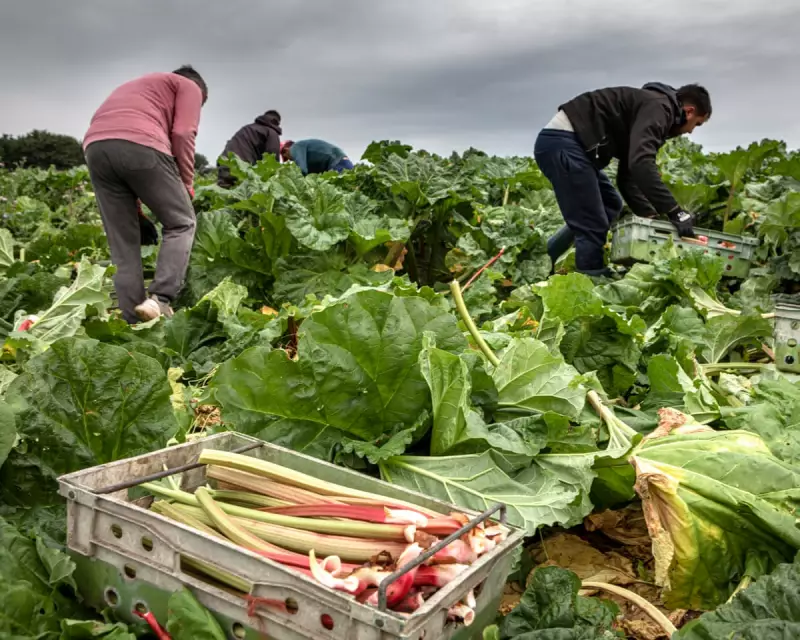
British food and drink exporters are staring down the barrel of a fresh wave of Brexit-related bureaucracy, with costly new EU licence requirements threatening to deliver a knockout blow to many small and medium-sized enterprises (SMEs).
Industry bodies are sounding the alarm, warning that the additional layer of red tape, set to be enforced from November 2025, could cripple businesses already struggling with the immense paperwork burden imposed since the UK left the single market.
From Farm to Fork… to Forms
The new rules mandate that UK companies exporting certain animal products, plants, and high-risk food and feed to the bloc must now be approved by the Department for Environment, Food and Rural Affairs (Defra) and listed on an official EU database. This process is separate from the existing need for export health certificates.
For many SMEs, this represents an insurmountable hurdle. The application is complex, time-consuming, and requires significant resource—a luxury smaller operators simply don’t have.
A Chilling Effect on British Business
The consequences are already becoming apparent. Some businesses, overwhelmed by the sheer volume of post-Brexit documentation, have already been forced to abandon EU exports entirely. This new requirement is poised to push many more over the edge, severing vital trade links and shrinking their market overnight.
One industry source described the situation as a "slow-motion car crash," with smaller producers being "priced out and paperworked out" of their most important export market.
Government Response Falls Short
While the UK government has acknowledged the challenge and pledged support, critics argue its response has been too little, too late. A dedicated online application portal was launched, but concerns remain over whether Defra can process a potential deluge of applications before the November deadline.
The looming crisis highlights the enduring and complex trade barriers erected after Brexit, demonstrating that for UK food and agriculture, the deal with the EU continues to be a raw one.





